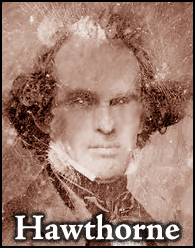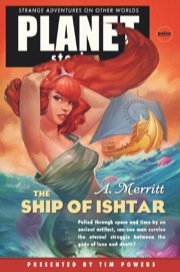 I enjoyed the rare and original fantasy of [The Ship of Ishtar], and have kept it longer than I should otherwise, for the sake of re-reading certain passages that were highly poetic and imaginative. Merritt has an authentic magic, as well as an inexhaustible imagination.
I enjoyed the rare and original fantasy of [The Ship of Ishtar], and have kept it longer than I should otherwise, for the sake of re-reading certain passages that were highly poetic and imaginative. Merritt has an authentic magic, as well as an inexhaustible imagination.
— Clark Ashton Smith
Klarkash-Ton, as usual, was right on the money. As one who recognized a kindred genius and spirit in Robert E. Howard long before the majority of his peers, CAS knew magic, poetry and imagination when he beheld it.
My copy of the Paizo edition of The Ship of Ishtar came in the other day. Despite the fact that I own three other imprints of this fantasy classic, I’d been anticipating the delivery of this edition for months. Erik Mona and his crack team of pulp-hounds at Planet Stories have outdone themselves on this project. Going back to the 1949 Borden “Memorial Edition,” they have issued the most complete text in sixty years, included all of the classic Virgil Finlay illustrations from two different editions (something never done before) and allowed Merritt (and CAS and REH and HPL) fan, Tim Powers, to write the introduction.
Powers, a noted author in his own right, was an inspired choice. The man gets Merritt. His introduction, entitled, “On These Strange Seas In This Strange World,” is one of the best analyses and tributes devoted to The Ship of Ishtar that I have read. Here’s one passage:
This novel, like the Ship of Ishtar itself, is timeless — the opposite of timely — and in fact it may not be possible to write a book like this in these present times. Somehow, in the early 1920s, Merritt managed to write a genuinely pagan book, one that simply didn’t deal with, but assumed, the pre-Christian fatalist dualism, with its particular loyalties and indifferent cruelties. A modern writer would not let Kenton deal with slaves and conquered crews the way he does, and would be constantly aware of Freud and political correctness. A modern writer, that is to say, would not be able to unselfconsciously let his story play out naturally, with no placatory gestures toward modern sensibilities.
Exactly. When The Ship of Ishtar hit the stands in 1924 between the covers of Argosy All-Story magazine, nothing like it had ever seen print in American popular culture. Despite being drenched in blood, sex and the supernatural, the American public took to the novel like Islam to the desert. Merrit’s ground-breaking work would eventually go through twenty-plus printings and sell millions before the end of the twentieth century. It would seem almost certain that Robert E. Howard, a long-time and faithful reader of Argosy, was one of those millions of readers.
(Continue reading this post)

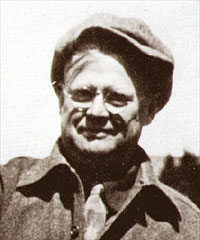
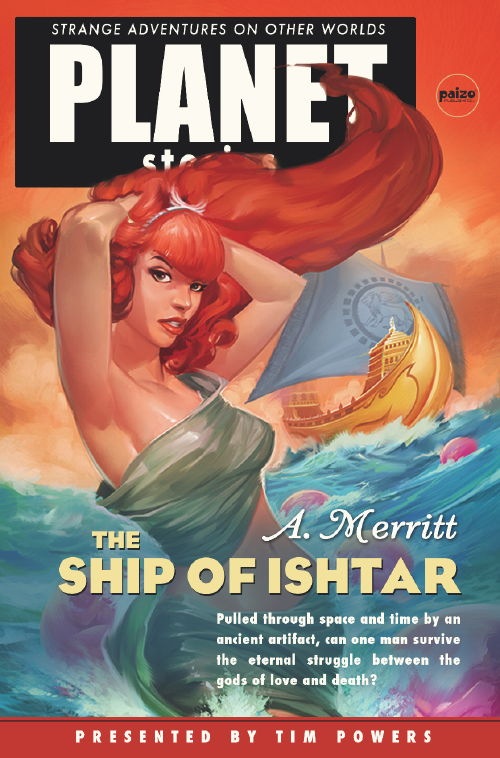
 I enjoyed the rare and original fantasy of [The Ship of Ishtar], and have kept it longer than I should otherwise, for the sake of re-reading certain passages that were highly poetic and imaginative. Merritt has an authentic magic, as well as an inexhaustible imagination.
I enjoyed the rare and original fantasy of [The Ship of Ishtar], and have kept it longer than I should otherwise, for the sake of re-reading certain passages that were highly poetic and imaginative. Merritt has an authentic magic, as well as an inexhaustible imagination.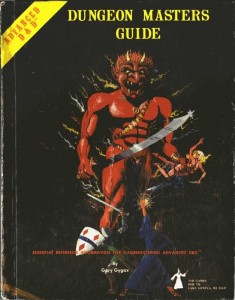
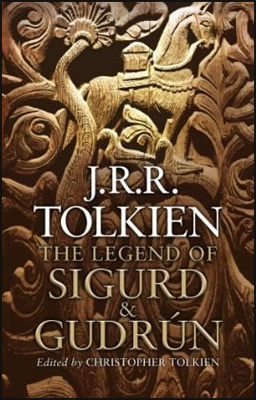 We live in halcyon days, my friends. Sure, there’s a global “economic downturn” grinding all and sundry ‘neath its leaden wheels and there is a possible influenza pandemic looming (or “lowering,” as REH might say), but we aficionados of the works of Robert E. Howard and John Ronald Reuel Tolkien have much to celebrate in the many coming months, gloom n’ doom notwithstanding.
We live in halcyon days, my friends. Sure, there’s a global “economic downturn” grinding all and sundry ‘neath its leaden wheels and there is a possible influenza pandemic looming (or “lowering,” as REH might say), but we aficionados of the works of Robert E. Howard and John Ronald Reuel Tolkien have much to celebrate in the many coming months, gloom n’ doom notwithstanding.